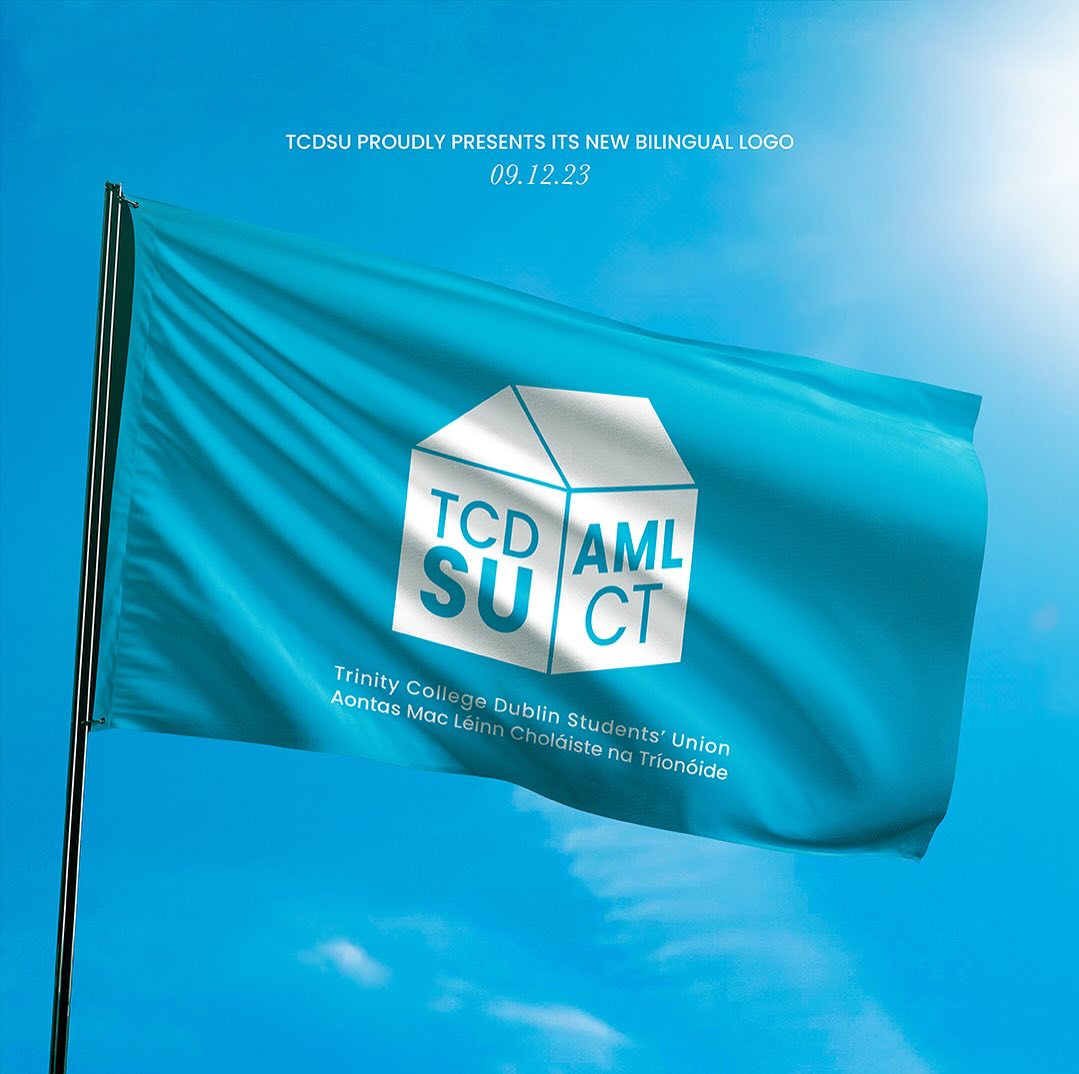Following a motion brought to Trinity College Dublin Students’ Union (TCDSU) council in November, a referendum on the position of the Irish language in College will occur between January 30 and February 1.
The referendum seeks to make a variety of changes to the status of the Irish language within College and “substantially increase the presence of bilingualism across student life”, according to the YesGaeilgeTCD campaign.
The exact wording of the referendum will ask students: “Do you support a student levy of €4 to create the Gaeilge Initiative: a dedicated fund for Irish language initiatives for the CSC, TCDSU, Trinity Sports Union, and Trinity Publications, and therein, the creation of a full time TCDSU Oifigeach na Gaeilge?”
Gaeilge in the union
In the event that the referendum passes, the constitutional status of the Irish language in TCDSU will be altered, giving it equal status to English and allowing students the right to interact with the union through Irish.
This move is in line with the union’s recent efforts to increase the visibility of the Irish language in College, such as the union’s recent changing of its logo in order to feature the Irish translation.
The union already has certain provisions for the Irish language, such as allowing students to speak in both English and Irish at council. This referendum, however, seeks to formalise the use of Irish in TCDSU.
A significant change that a yes vote will bring is the creation of a full-time Irish language officer position within TCDSU, Oifeaghach na Gaeilge. Currently, the position of Oifigeach na Gaeilge is a part-time role within the union.
Speaking on the referendum, current TCDSU Oifeagach na Gaeilge Pádraig Mac Brádaigh stated: “This motion presents an incredible opportunity for a referendum to make Oifigeach na Gaeilge a sabbatical officer position and give the Irish language official status in our union’s constitution.”
According to TCDSU’s current constitution, the Irish Language officer is responsible for assisting “the other officers of the union with meeting the needs of Irish speakers in College”, including translating email correspondence between the union and students into Irish.
The constitution also states it is the Irish Language Officer’s duty “to deal with issues faced by Irish speakers in Trinity”.
Mac Brádaigh and the YesGaeilgeTCD campaign have argued that the duties of Oifeagach na Gaeilge requires a full-time role: “No part-time Oifigeach na Gaeilge will ever have the time or resources to properly deal with all of the translation, meetings, casework, and lobbying the College.”
Several student unions in Ireland currently have an Irish language officer, including Union of Students Ireland (USI) and the University of Galway Students’ Union.
Gaeilge in academia
Outside of union activities, the yes campaign would also present more opportunities for Irish to be used throughout College.
According to YesGaeilgeTCD, all students have the right to access their modules through Irish, but this is not fully implemented across courses.
If passed, campaigners have said Oifeagach na Gaeilge “could bridge the gap between the classroom and practical use for both learners and fluent speakers”.
The yes campaign also argued a broad range of students could benefit from a yes vote, including those who do not speak Irish: “A full-time officer for Gaeilge would be a cheerleader not only for fluent Irish speakers, but for all those who wish to be one as well.”
Gaeilge across College
These provisions for a referendum were first agreed at a TCDSU council meeting on November 7. The motion had also stipulated, however, the referendum was subject to consultation with the Capitations Committee, which oversees the College’s main student bodies.
Following consultation with Capitations the referendum also proposes the introduction of the Gaeilge Initiative, a dedicated fund for Irish language initiatives across the College’s other capitated bodies, the Central Societies Committee (CSC), Trinity Sports Union and Trinity Publications.
The Gaeilge Initiative would be funded through a €4 increase in the student levy, which currently stands at €125 per year, creating a fund of roughly €80,000 every year.
The biggest recipient of this fund will be TCDSU, who are set to receive up to 70% of the Gaeilge Initiative fund. The CSC, the body responsible for student societies, would receive up to 15% of the fund.
10% of the new fund would be designated to the Trinity Sports Union, while the remaining 5% of the fund will be allocated to Trinity Publications, the body responsible for publishing and funding several student publications within College.
Speaking on the possibility of increased Irish language funding, Chairperson of Trinity Sport Union Fergus O’Brien said the Sports Union intends to use the money to “fund translation services for Sport Union documents and media so that our students, opposing teams, club sponsors and all others may have the benefit of the choice”.
“Trinity Sport Union believes this act will play an important part in empowering Irish culture within the college,” he said. “We believe it is important that no aspect of College be without an Irish language option, whether that is part of students’ studies or extracurriculars.”
It has not yet been stipulated how the other capitated bodies will use their allocated funding.
This is the first major election taking place in person since the Electoral Commission (EC) did a trial return to paper ballot voting for the Class Representative and Postgraduate College Committee Elections.
Those who can not vote in person had the option for “alternative voting”, which the applications for have now closed.
Voting will be held in person with students being able to vote in both the Arts Building and the Hamilton from Tuesday to Thursday. Students will be able to vote between the hours of 10am and 6pm.






